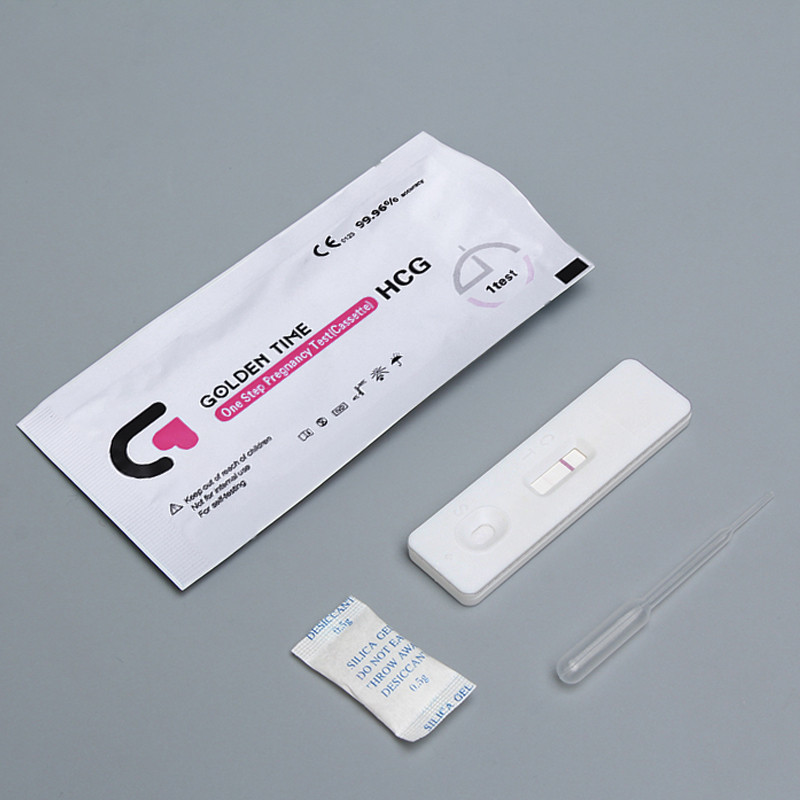Dez . 15, 2024 22:38 Back to list
diagnostic test for syphilis
Diagnostic Tests for Syphilis An Overview
Syphilis is a sexually transmitted infection (STI) caused by the bacterium Treponema pallidum. This complex disease has distinct stages, including primary, secondary, latent, and tertiary syphilis, each characterized by different symptoms and health implications. Given its potential long-term effects, especially if left untreated, early diagnosis is crucial. Diagnostic tests play a vital role in identifying syphilis infections, enabling prompt treatment and a reduction in transmission rates.
The Importance of Early Detection
Early detection of syphilis can prevent serious health complications. In its primary stage, syphilis presents as a single sore, known as a chancre, which can go unnoticed. If undiagnosed, it can progress to secondary syphilis, characterized by rashes, mucous membrane lesions, and flu-like symptoms. The latent stage involves no symptoms but can lead to tertiary syphilis, causing severe damage to the heart, brain, and other organs. Thus, timely diagnostic testing is essential for both individual health and public health efforts.
Types of Diagnostic Tests
There are two main types of tests used to diagnose syphilis non-treponemal tests and treponemal tests.
1. Non-Treponemal Tests These tests detect antibodies that the body produces in response to substances released by damaged cells due to the syphilis infection. Common non-treponemal tests include the Rapid Plasma Reagin (RPR) test and the Venereal Disease Research Laboratory (VDRL) test. While these tests are widely used for screening purposes, they are not specific to syphilis; false positives can occur due to other conditions such as pregnancy, lupus, or certain infections.
2. Treponemal Tests These tests are more specific and detect antibodies that are produced in response to Treponema pallidum itself. Examples include the Treponema pallidum hemagglutination assay (TPHA) and the fluorescent treponemal antibody absorption test (FTA-ABS). Treponemal tests are usually conducted after a positive non-treponemal test to confirm the diagnosis. They remain positive even after successful treatment, making them less useful for determining treatment efficacy.
diagnostic test for syphilis

The Diagnostic Process
When a patient presents with signs or symptoms of syphilis, healthcare providers typically begin with a thorough history and physical examination. If syphilis is suspected, non-treponemal tests are usually the first step in the diagnostic process. If the results are positive, healthcare providers will then order treponemal tests to confirm the diagnosis.
In addition to blood tests, the evaluation may include a physical examination of sores or rashes and possibly cerebrospinal fluid analysis if neurological syphilis is suspected. This comprehensive approach ensures a thorough assessment of the patient’s condition and helps guide appropriate treatment.
Treatment and Follow-Up
If diagnosed early, syphilis is treatable with antibiotics, typically penicillin. The treatment regimen may vary depending on the stage of the disease and the individual patient’s health. Following treatment, patients undergo follow-up testing to ensure that the infection has been effectively cured. Non-treponemal tests are particularly useful for monitoring treatment response, as levels of antibodies should decrease over time.
Conclusion
Diagnostic testing for syphilis is an essential component of sexual health care. Early identification through appropriate testing can significantly reduce the risks associated with the disease, improve individual outcomes, and contribute to efforts to control syphilis transmission within the community. Given the evolving nature of STIs and the potential for outbreaks, ongoing education about the importance of regular STI screenings, including syphilis testing, remains paramount. Regular testing, especially for those at higher risk, provides an essential safeguard for both individual and public health.
-
Dengue NS1 Rapid Diagnostic Test Kit
NewsMar.07,2025
-
Dengue NS1 Rapid Diagnostic Test Kit
NewsMar.07,2025
-
Dengue NS1 Rapid Diagnostic Test Kit
NewsMar.07,2025
-
Transferrin Rapid Test Cassette Tumor Marker TF Card
NewsMar.07,2025
-
Malaria Pf Pan Rapid Diagnostic Test Kit
NewsMar.07,2025
-
malaria pf / pan ag rapid test
NewsMar.07,2025

